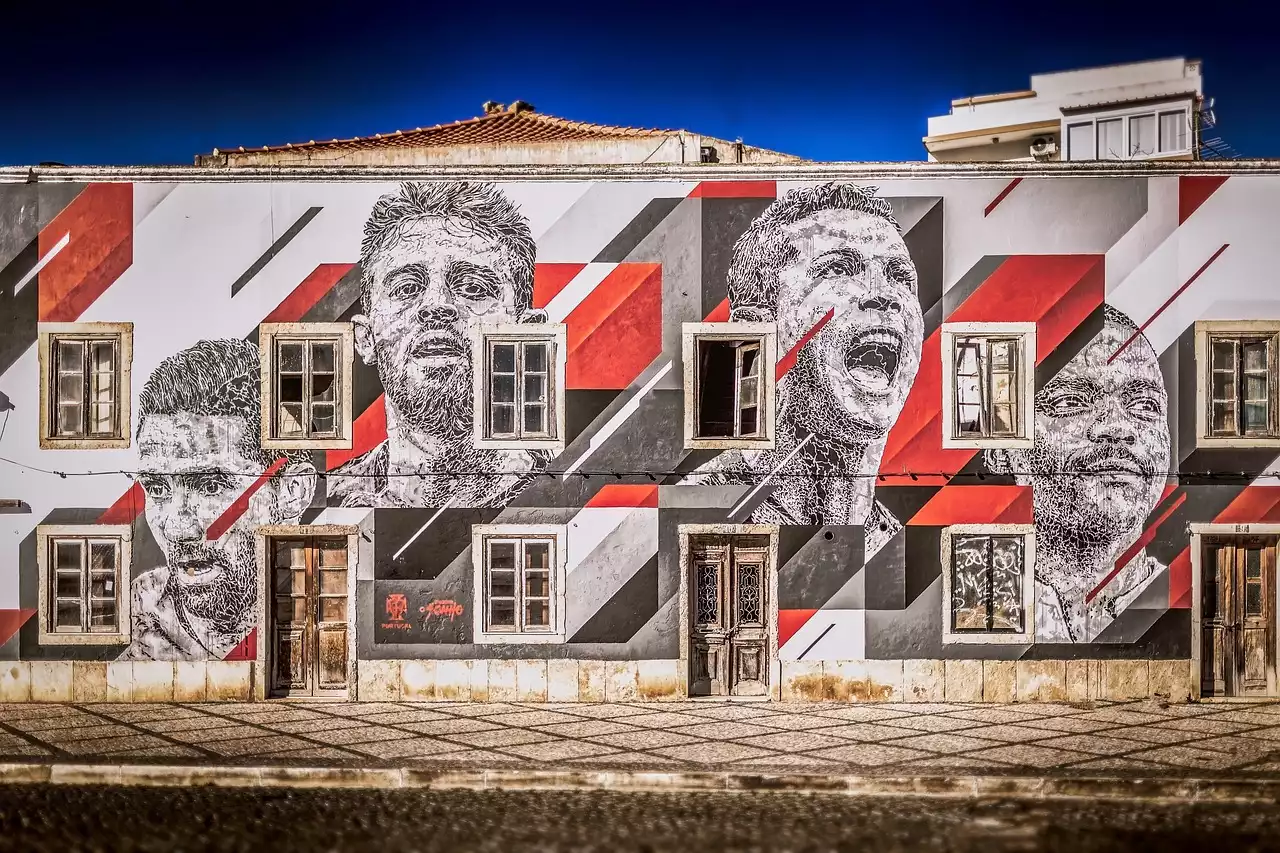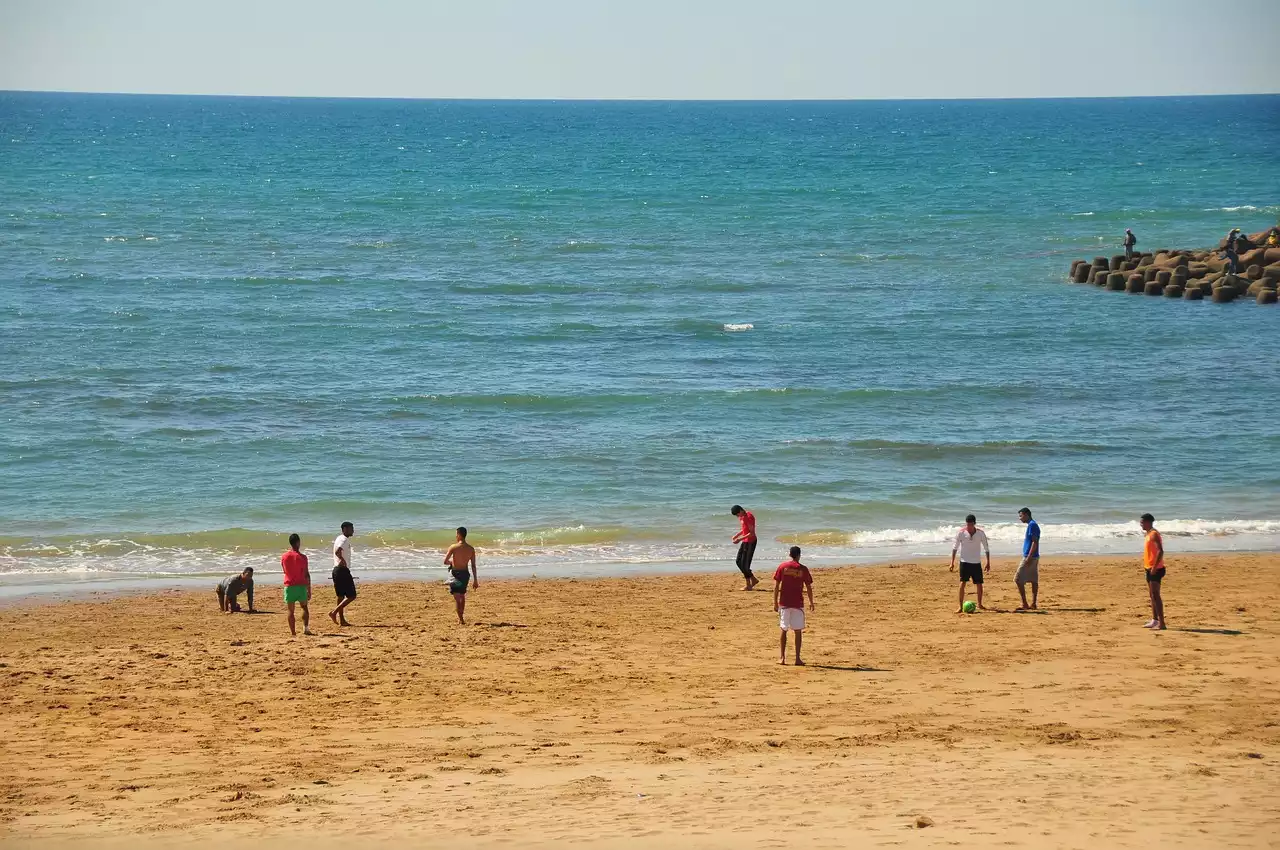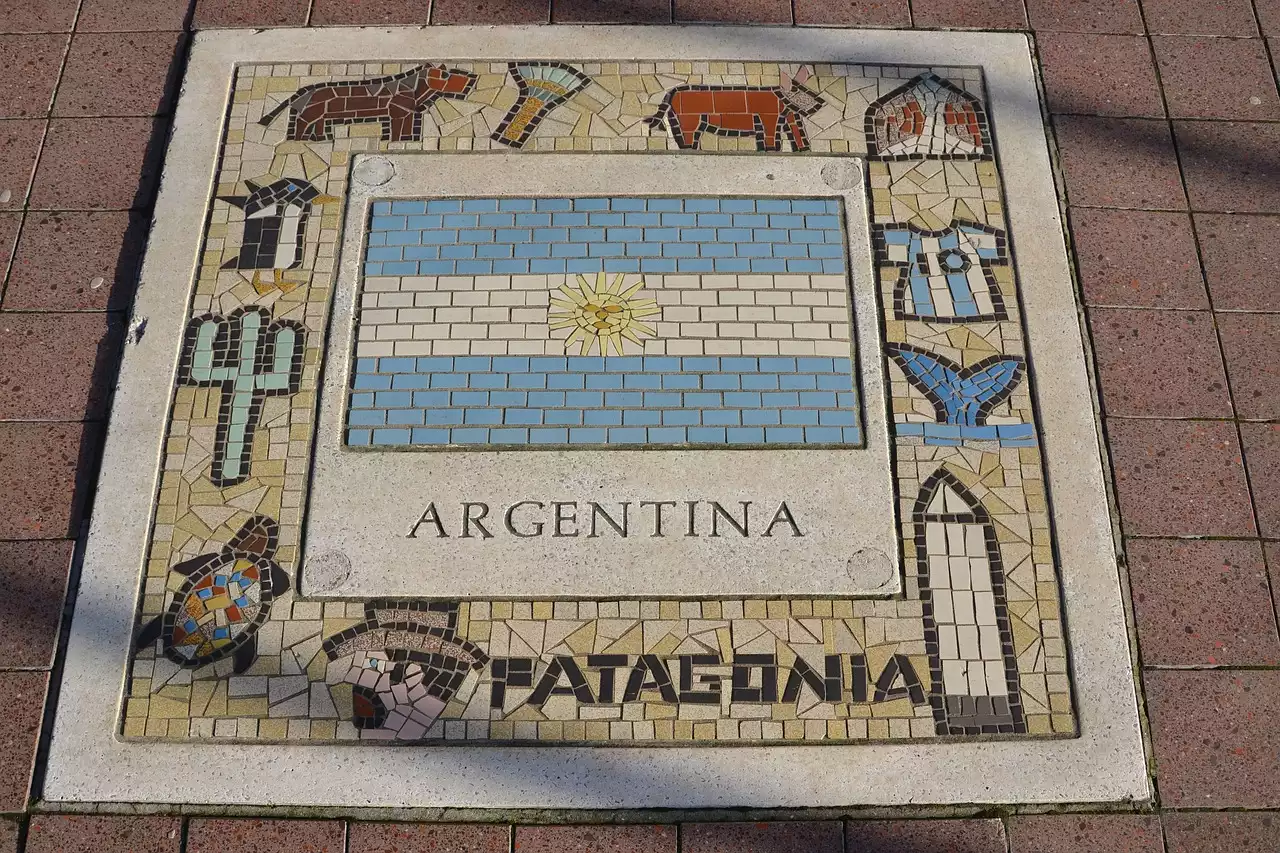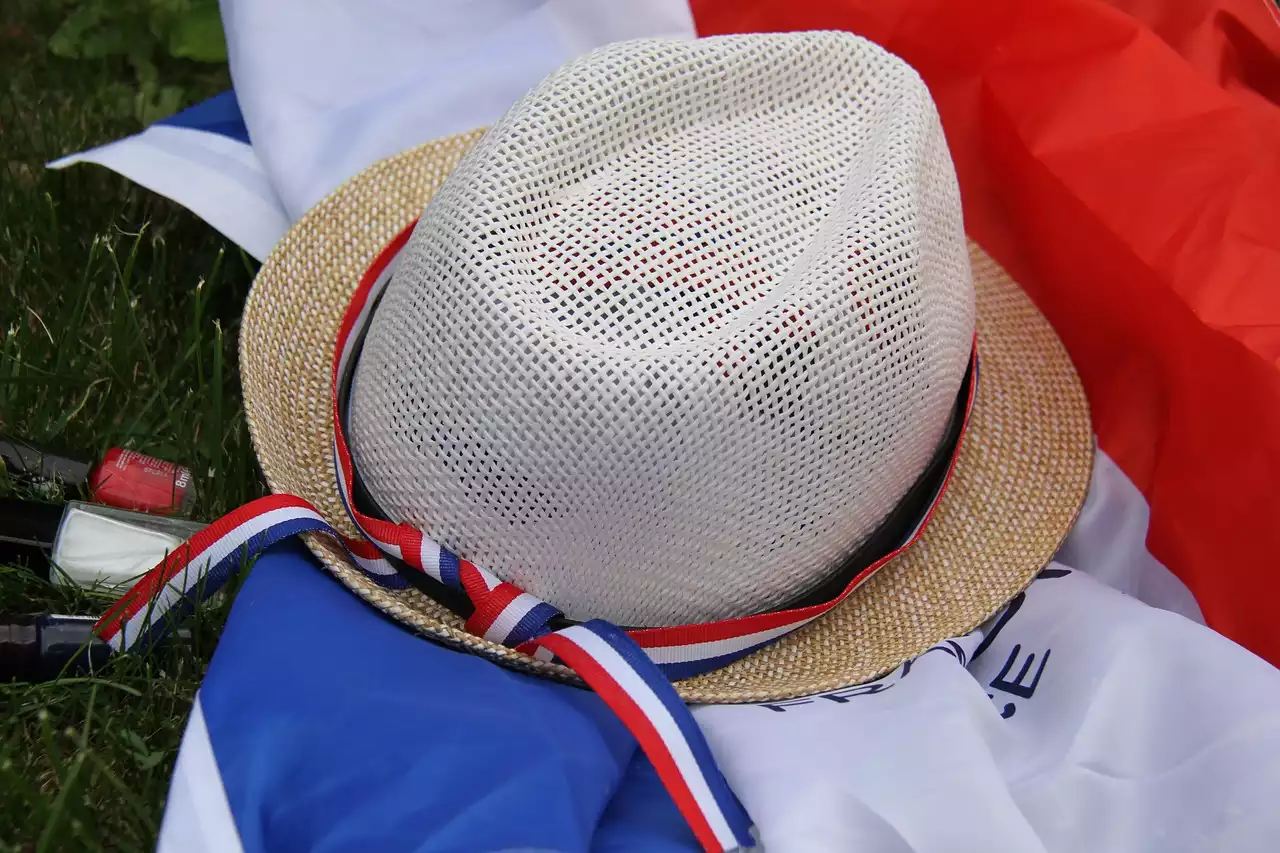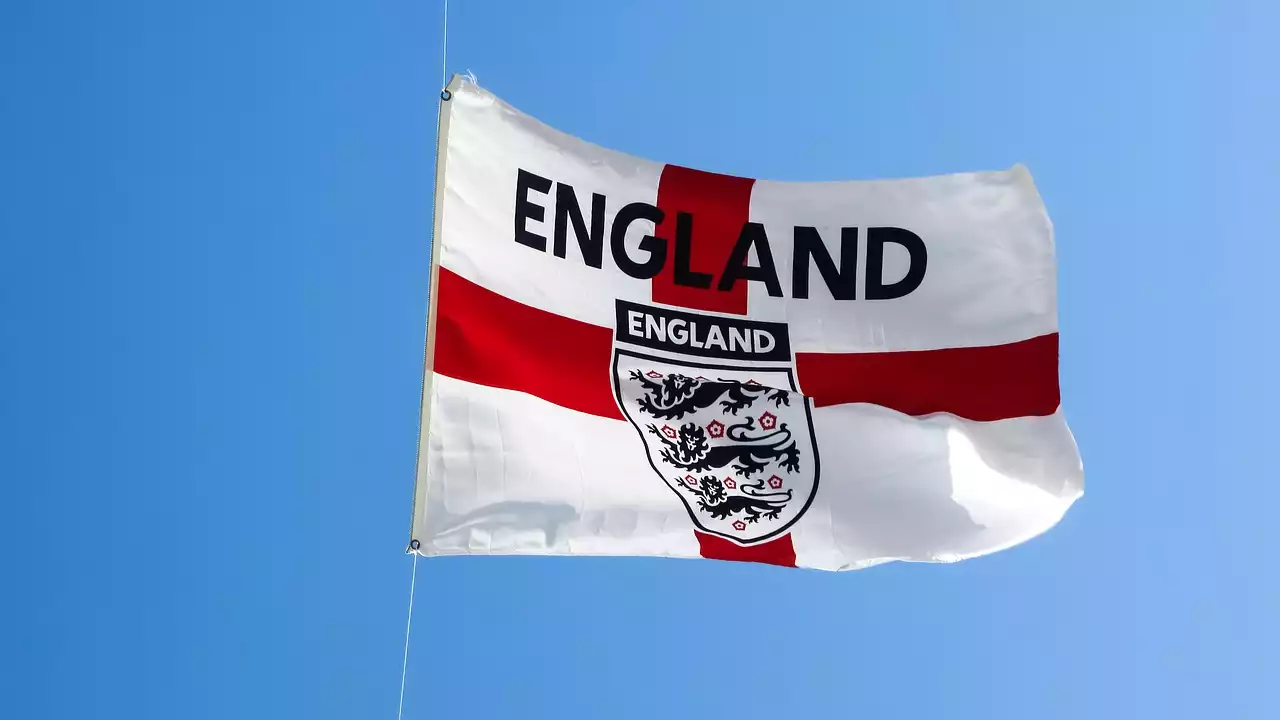Early History and Establishment of the Team
The early years of the Portugal national football team were marked by a gradual development and the establishment of a solid foundation. The team made its debut on March 18, 1921, in a friendly match against Spain. Although Portugal lost the match 3-1, it laid the groundwork for future success. In the following years, the team went through a period of experimentation, trying out different tactics and formations to find their winning formula.
During the 1950s and 1960s, Portugal saw the emergence of one of its greatest ever players, Eusébio. Born in Mozambique, Eusébio became a symbol of Portuguese football excellence. His explosive speed, dribbling skills, and lethal finishing made him a nightmare for defenders. Eusébio's performances helped Portugal qualify for the 1966 FIFA World Cup, where they reached the semi-finals, their best-ever finish in the tournament at that time. Although they eventually finished in third place, the team's success solidified their status as a rising footballing nation.
Luís Figo, another Portuguese football icon, made his mark on the national team during the late 1990s and early 2000s. Figo's elegant style of play, precise passing, and ability to take on defenders made him one of the most feared wingers in the world. His leadership and influence were instrumental in Portugal's qualification for the European Championships in 2000 and 2004, where they reached the semi-finals and the final, respectively. Figo's impact on the team cannot be overstated, as he inspired a new generation of Portuguese players to strive for greatness.
Rise to Prominence and International Success
The 21st century witnessed the rise of Cristiano Ronaldo, arguably Portugal's greatest ever footballer. Ronaldo burst onto the scene as a young prodigy with Sporting Lisbon before making his move to Manchester United in 2003. His exceptional performances caught the attention of the footballing world, and it wasn't long before he became a key figure for Portugal.
Under Ronaldo's leadership, Portugal experienced a golden era of success. The team's breakthrough moment came in 2016 when they won the UEFA European Championship. Despite facing adversity throughout the tournament, including a group stage exit scare, Portugal displayed resilience and determination. Ronaldo's leadership was exemplary, and his crucial goals in the knockout stages propelled the team to victory.
The 2016 UEFA European Championship triumph marked Portugal's first major international trophy. The achievement showcased the team's ability to perform under pressure and demonstrated their tactical versatility. Portugal's victory not only solidified their place among the footballing elite but also brought immense joy to their passionate supporters.
Continuing the Legacy
As the Portugal national football team continues to make history, they remain a team to watch. The current generation of players, led by the indomitable Cristiano Ronaldo, carries the weight of expectations while striving to create their own legacy. The team's recent successes, including winning the UEFA Nations League in 2019, have further cemented their status as a dominant force in international football.
Portugal's footballing philosophy emphasizes skill, creativity, and flair. The team's attacking style of play and technical proficiency have won them many admirers around the world. With a strong pool of talented players, including Bernardo Silva, Bruno Fernandes, and João Cancelo, Portugal's future looks bright.
Off the field, Portugal's football culture is deeply rooted in its passionate fanbase. The Portuguese people's love for the game is evident in the electrifying atmosphere at matches and the unwavering support they provide to their team. The connection between the players and the fans creates a sense of unity and fuels the team's determination to succeed.
Whether on the international stage or in club football, Portuguese players continue to make their mark. From Cristiano Ronaldo's record-breaking achievements to the emergence of young talents like João Félix and Diogo Jota, the Portugal national football team's legacy is in safe hands.
In conclusion, the history of the Portugal national football team is a tale of triumph, resilience, and exceptional talent. From their early years of development to their recent successes, the team has left an indelible mark on the sport. Led by legendary players like Eusébio, Luís Figo, and Cristiano Ronaldo, Portugal's footballing legacy is one that will endure for generations to come. As the team continues to make history, fans around the world eagerly await the next chapter in Portugal's footballing journey.
